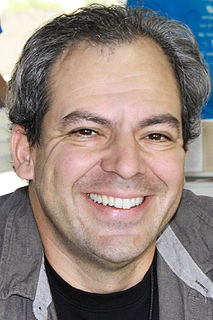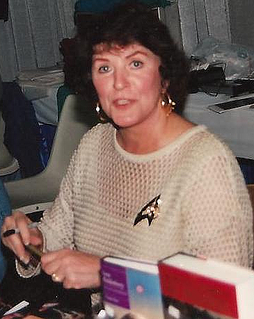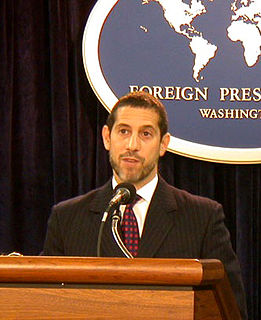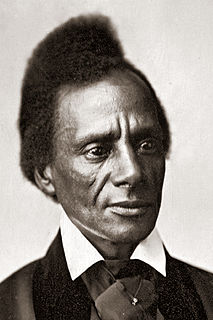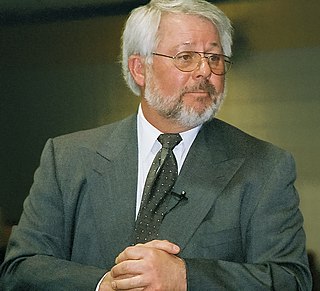A Quote by Marshall Ganz
Movements have narratives. They tell stories, because they are not just about rearranging economics and politics. They also rearrange meaning. And they're not just about redistributing the goods. They're about figuring out what is good.
Related Quotes
I really am just trying to tell stories. But stories are often grounded in larger events and themes. They don't have to be - there's a big literature of trailer-park, kitchen-table fiction that's just about goings-on in the lives of ordinary people - but my own tastes run toward stories that in addition to being good stories are set against a backdrop that is interesting to read and learn about.
We are opinionated society. We're very happy to spout forth our own views; we're not good about listening. We have to listen to other's stories. Learn to listen to the stories of the terrorists just as we hope that they will listen to ours because very often these narratives express frustrations, fears, and anxieties that most societies can safely ignore.
The Anansi stories were in my life because they're not just 'Br'er Rabbit and the Tar-Baby in the Briar Patch,' they're stories from Jamaica and Africa that my mum used to tell us when we were kids. So I learned about Anansi being not just a spider, but also a weird god-like figure since I was little.
What's more important is that we talk about movements; change happens through movements. The movement to end slavery, the movement to bring justice for those who have been left out of the system, movements to include women, movements around sexual preference - all these movements brought about change.
Just recognizing and naming that many of the things we treat as historical fact are stories can help erode their power over our sense of identity and thinking. If they are stories rather than "truth," we can write new stories that better represent the country we aspire to be. Our new stories can be about diverse people working together to overcome challenges and make life better for all, about figuring out how to live sustainably on this one planet we share, and on deep respect for cooperation, fairness, and equity instead of promoting hyper-competitive individualism.
I thought if I followed the rules, things would turn out all right. that's the thing about the cure, isn't it? It isn't just about deliria at all. It's about order. A path for everyone. You just have to follow it and everything will be okay. That's what the DFA is about. That's what I belevied in-what I've had to believe in. Because otherwise, it's just...chaos.


